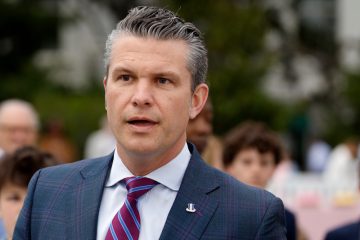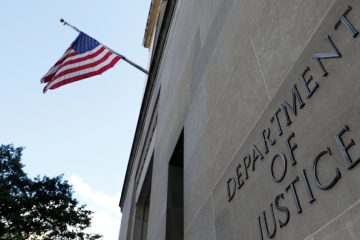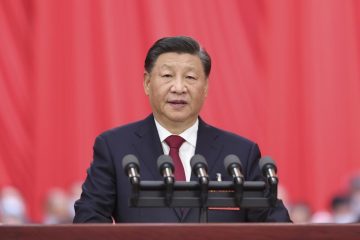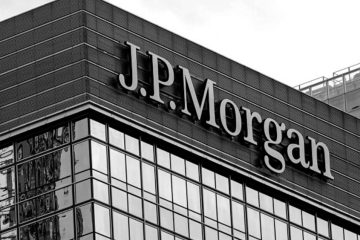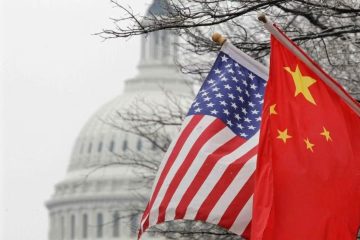In uncertain US economic times, Jamie Dimon warns of stagflation.
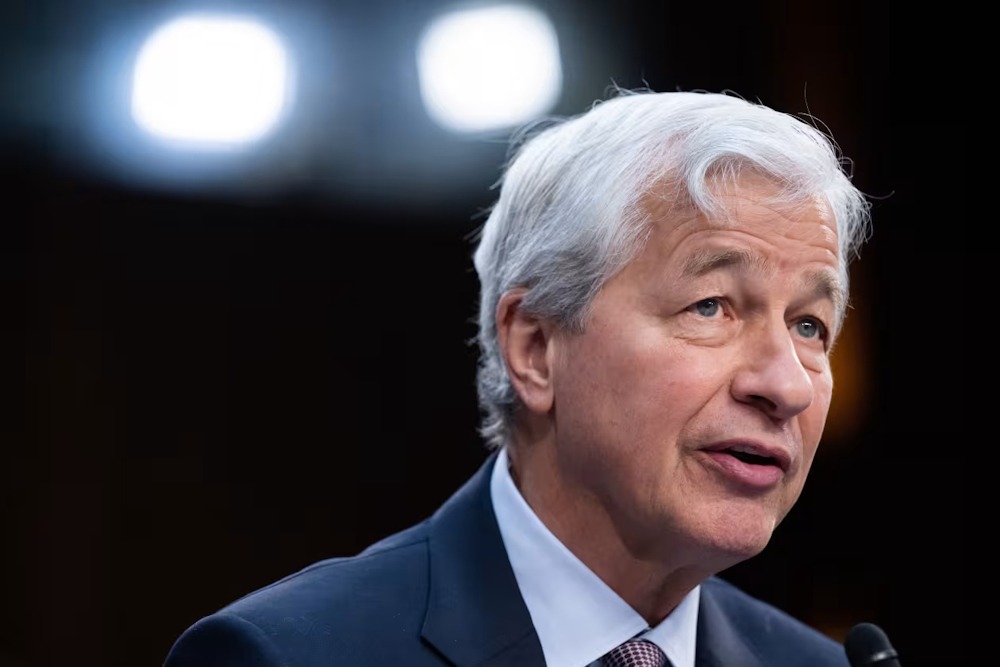
Jamie Dimon cautions about the potential for stagflation in light of the prevailing uncertainty surrounding the US economy. He stated that he cannot dismiss the potential for stagflation as the United States contends with significant risks stemming from geopolitical tensions, fiscal deficits, and inflationary pressures. “I don’t agree that we’re in a sweet spot,” the chief executive officer of JPMorgan Chase & Co. stated during a Bloomberg Television interview at the lender’s Global China Summit in Shanghai. The US Federal Reserve is appropriately adopting a wait-and-see approach before altering its interest-rate policy, he stated.
Federal Reserve officials have maintained interest rates at their current levels this year, reflecting a robust economic environment coupled with ambiguity surrounding potential shifts in government policies, such as tariffs, and their possible repercussions on the economy. Policymakers have indicated that they perceive a heightened risk of facing both elevated inflation and rising unemployment.
Earlier this month, the US and China reached an agreement to significantly lower tariffs for a period of 90 days, aiming to negotiate a new accord amid what is expected to be challenging discussions between Washington and Beijing. Analysts and investors suggest that US President Donald Trump’s tariffs on China are poised to persist at a level anticipated to significantly restrict Chinese exports following the 90-day truce. “I don’t think the American government wants to leave China,” Dimon stated. “I hope they have a second round, third round or fourth round and hopefully it will end up in a good place.” Trump’s erratic tariff declarations and attempts to reduce or eliminate government agencies have heightened apprehensions regarding trade dynamics, inflationary pressures, unemployment rates, and the looming threat of a recession. Companies are halting expansion efforts, which encompasses profitable mergers and acquisitions managed by Wall Street dealmakers, according to statements from bank executives.
Dimon’s comments build upon his previous statements in recent interviews, where he cautioned against complacency and indicated that a recession remains a possibility, noting that many of the impacts of the tariffs are still to be observed. The ongoing volatility stemming from the turmoil has persistently enhanced JPMorgan’s stock-trading operations, resulting in record revenue during the first quarter. JPMorgan, the largest bank in the United States, has inaugurated its “Center for Geopolitics” this week, focusing on research pertaining to Russia and Ukraine, the Middle East, and the phenomenon of global rearmament.
Dimon stated, “The unit is both for us, and it’s also to educate clients.” “Clients frequently inquire, What actions should we take regarding this country?” How do you assess risk? JPMorgan, among others, has indicated that the uncertainty stemming from Trump’s policies may lead clients to remain on the sidelines. Troy Rohrbaugh, co-CEO at JPMorgan’s commercial and investment bank, remarked earlier this week that its investment-banking fees might decline by a percentage in the mid-teens relative to the previous year — exceeding analysts’ forecasts. Dimon stated that the US must “attack the deficit problems,” and he recognizes the rationale behind investors potentially reducing their holdings in US dollar assets.
On Wednesday night, House Republican leaders unveiled a revised iteration of Trump’s extensive tax and spending proposal, featuring an increased cap on the deduction for state and local taxes along with various modifications aimed at reconciling the conflicting factions within the GOP to garner support for the legislation. On Wednesday, US Treasuries continued their recent decline, with longer-term securities experiencing the most significant impact, while the auction of 20-year debt garnered a rather lukewarm response. The selloff at one point elevated the yield on the 30-year bond by as much as 13 basis points to nearly 5.10%, marking its highest level since 2023. “I don’t concern myself with transient variations in the dollar,” Dimon stated. “However, I comprehend that individuals may be decreasing their holdings in dollar-denominated assets.”


